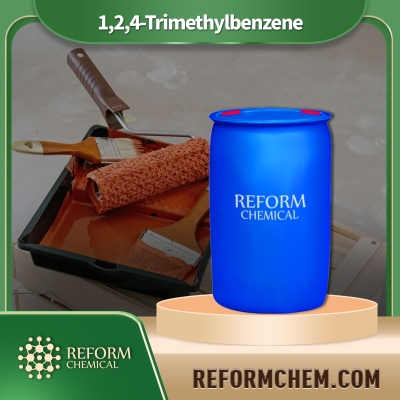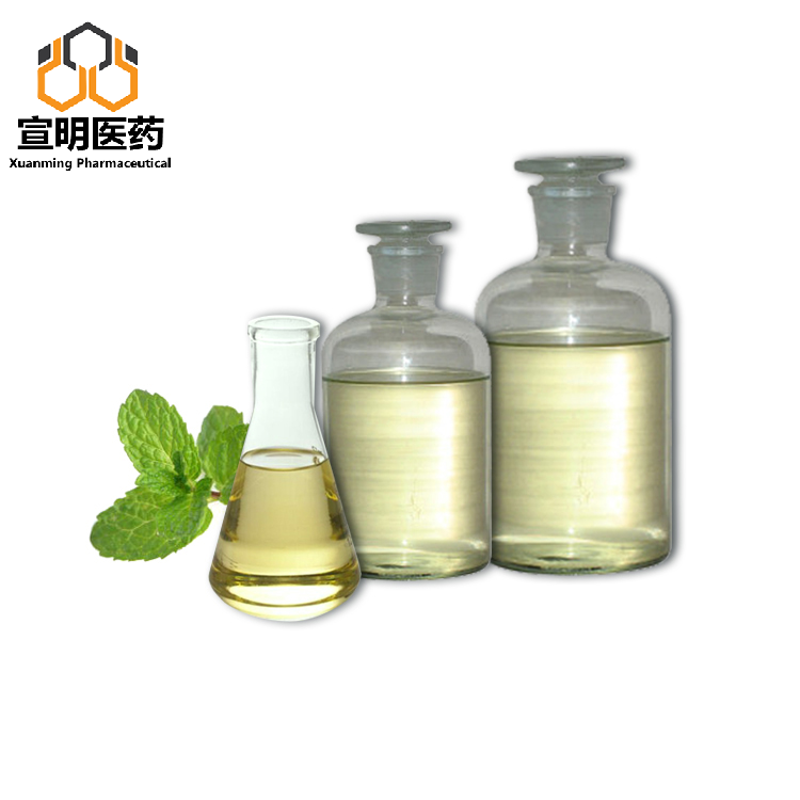Organic Chemistry
- • Amides (2600)
- • Alcohols, Phenols, Phenol Alcohols (305)
- • Nitrogen Compounds (248)
- • Nitrile Compound (83)
- • Hydrazine or Hydroxylamine Derivatives (203)
- • Quinones (38)
- • Ethers and Derivatives (182)
- • Aldehydes (108)
- • Carboxylic Acids and Derivatives (754)
- • Hydrocarbons and Derivatives (2305)
- • Ketones (71)
- • Inorganic Acid Esters (169)
- • Heterocyclic Ring (332)
- • Organometallic Compounds (958)
- • Organosulfur Compounds (69)
- • Phosphines (725)
- • Organometalate (283)
- • Organic Fluorine Compound (2103)
- • Triazenes (18)
- • Semicarbazides (33)
- • Organoselenium Compounds (28)
- • Nitro Compounds (94)
- • Nitrates (15)
- • Lactones (240)
- • Imines (24)
- • Free Radicals (46)
- • Dioxins and Dioxin-like Compounds (31)
- • Cyanates (31)
- • Coordination Complexes (3059)
- • Boron Compounds (84)
- • Azides (66)
- • Arsenicals (56)
Related News
Sort Hydrocarbons and Derivatives Alphabetically
Hydrocarbons and Derivatives
Get Hydrocarbons and Derivatives Raw Materials by Region-
- / 99.00%
-
![1-Fluoro-3-iodobenzene buy 1-Fluoro-3-iodobenzene]()
Industrial Grade / 99.0%
-
![3-Fluoroiodobenzene buy 3-Fluoroiodobenzene]()
-
![1-Fluoro-3-iodobenzene buy 1-Fluoro-3-iodobenzene]()
Industrial Grade / 99%
Request for quotation , get quotes from more suppliers.
1-Bromo-2,4-dimethylbenzene
(583-70-0)-
- / 99.00%
-
AR Grade / 99%
-
- / 99%
-
![2,4-Dimethylbromobenzene buy 2,4-Dimethylbromobenzene]()
Industrial Grade / 99%
Request for quotation , get quotes from more suppliers.
1-Octene
(111-66-0)-
Industrial Grade / 99%
-
- / 99%
-
- / 99%
-
Industrial Grade / 99%
Request for quotation , get quotes from more suppliers.
1,4-Bis(bromomethyl)benzene
(623-24-5)-
- / 99.00%
-
- / 99%
-
![alpha,alpha'-Dibromo-p-xylene buy alpha,alpha'-Dibromo-p-xylene]()
Industrial Grade / 99%
-
![alpha,alpha'-Dibromo-p-xylene buy alpha,alpha'-Dibromo-p-xylene]()
Request for quotation , get quotes from more suppliers.
1,2,4-Trimethylbenzene
(95-63-6)-
Industrial Grade / 99%
$1-1.2/KG FOB
-
Industrial Grade / 99%
-
Different Grade / 99.9%
$0.1/KG EXW
-
Industrial Grade / 99%
Request for quotation , get quotes from more suppliers.
-
Industrial Grade / 99%
-
Industrial Grade / 99%
-
Industrial Grade / 99.0%
-
![1,2-Dibromobenzene buy 1,2-Dibromobenzene]()
Industrial Grade / 99%
Request for quotation , get quotes from more suppliers.
1-Chloro-3-fluorobenzene
(625-98-9)-
Industrial Grade / 99%
-
Industrial Grade / 99%
-
![1-Chloro-3-fluorobenzene buy 1-Chloro-3-fluorobenzene]()
Industrial Grade / 99%
-
![1-Chloro-3-fluorobenzene buy 1-Chloro-3-fluorobenzene]()
Request for quotation , get quotes from more suppliers.
1-Chloronaphthalene
(90-13-1)-
Industrial Grade / 99%
-
Pharmacy Grade / 99%
-
![1-Chloronaphthalene buy 1-Chloronaphthalene]()
-
![11 -Chloronaphthalene buy 11 -Chloronaphthalene]()
Industrial Grade / 99%
Request for quotation , get quotes from more suppliers.
-
Industrial Grade / 99%
-
- / 99%
-
Pharmacy Grade / 99%
-
Industrial Grade / 99%
Request for quotation , get quotes from more suppliers.
1-Bromo-3-(trifluoromethoxy)benzene
(2252-44-0)-
- / 99.00%
-
![3-(Trifluoromethoxy)bromobenzene buy 3-(Trifluoromethoxy)bromobenzene]()
Industrial Grade / 99%
-
![3-(Trifluoromethoxy)bromobenzene buy 3-(Trifluoromethoxy)bromobenzene]()
-
![3-(Trifluoromethoxy)bromobenzene buy 3-(Trifluoromethoxy)bromobenzene]()
Industrial Grade / 99%
Request for quotation , get quotes from more suppliers.
More Information
Hydrocarbons, also known as carbonaceous compounds, are organic compounds composed solely of carbon and hydrogen. These compounds, commonly referred to as hydrocarbons, form through reactions with chlorine, bromine vapor, oxygen, and other elements. Methane (CH4) is the simplest hydrocarbon molecule, consisting of a central carbon atom connected to four hydrogen atoms.
In our daily lives, we frequently encounter hydrocarbons. For instance, propane in natural gas and butane in lighters are both examples of hydrocarbons. They serve as fuels due to the vast energy stored within their covalent bonds. During combustion, this energy is released in the form of heat as they react with oxygen to produce carbon dioxide and water.
Hydrocarbons encompass various types, including:
● aromatic hydrocarbons
● saturated hydrocarbons
● aliphatic hydrocarbons







































